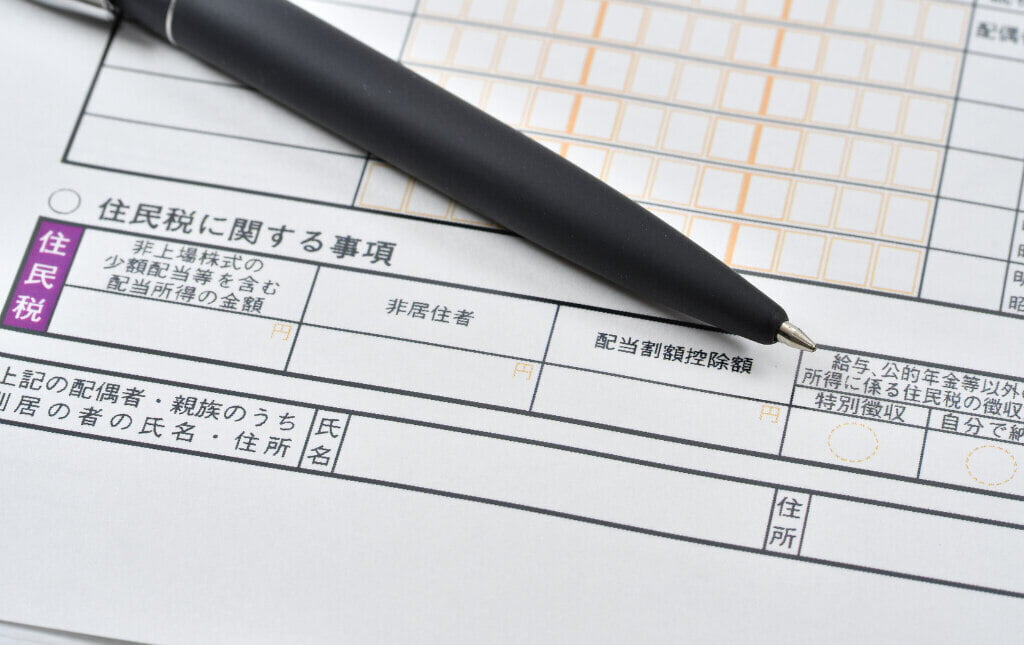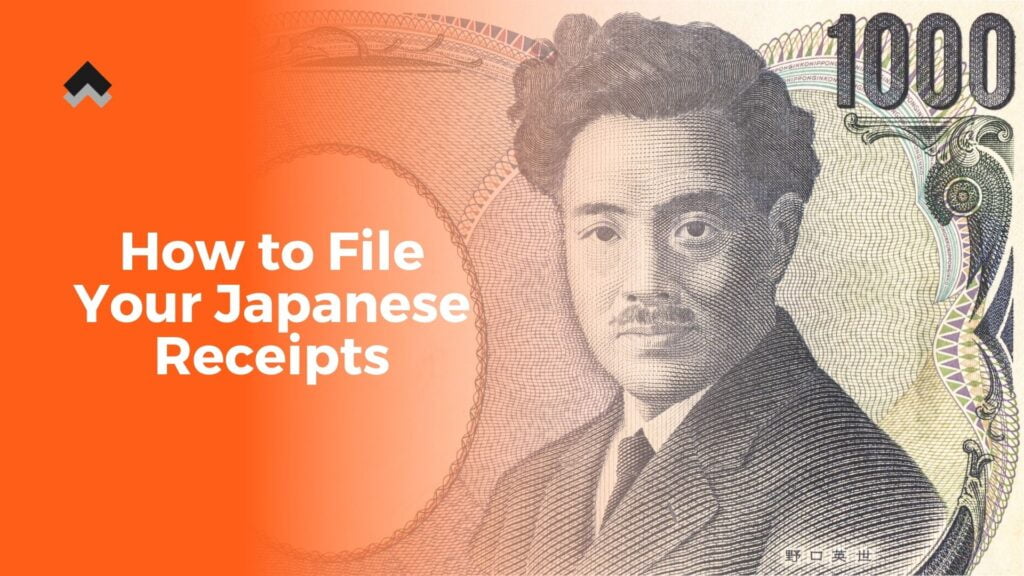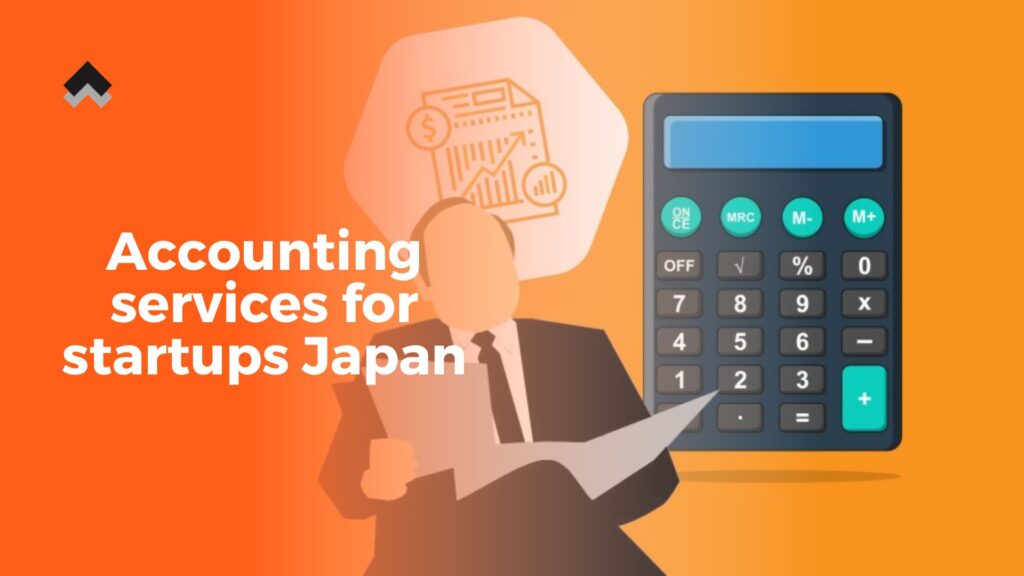Feeling uneasy after tax season is a common experience, but taxes serve a vital purpose. Beyond strengthening the national economy, they fund essential public services that benefit everyone, from infrastructure and education to healthcare and social programs. And yet, Japan’s tax rate on corporate income, reaching as high as 36.8%, can be a concern for small and medium-sized businesses looking to scale here.
Although taxes are important and shouldn’t be avoided by any means, various tax reduction strategies can help you legally minimize them in Japan. In this article, we’ll explore ways to minimize your business taxes while ensuring compliance, so you can make well-informed financial decisions that support the long-term financial growth and sustainability of your business.

Understanding the Japanese Tax System and Business Formation
Overview of Business Taxes in Japan
If you want to be strategic with your taxes and learn how to minimize them in a compliant manner, the first step is to understand what corporate income taxes (CIT) in Japan consist of.
Corporations operating in Japan face a multi-layered tax system that can be divided into two main groups: national and local taxes. These taxes are levied on a corporation’s income and can be classified as domestic or foreign depending on the location of the main office. Note that your business will be classified as domestic if your foreign corporation establishes an affiliated company or a subsidiary in Japan.
The table below breaks down all the different types of taxes that make up national and local taxes. For more detailed information about each one of them, refer to our guide ‘Japanese Taxes for New Businesses’.
| National Taxes | Local Taxes |
| Corporate tax (法人税 – houjinzei) | Inhabitant tax (住民税 – juuminzei) |
| Consumption tax (消費税 – shouhizei) | Enterprise tax (事業税 – jigyouzei) |
| Withholding tax (源泉所得税 – gensen shotokuze) | Fixed Assets tax (固定資産税 – kotei shisanzei) |
Impact of Business Structure
Sole Proprietorship vs. Corporation
Deciding between a sole proprietorship and a corporation is a crucial step for those looking to enter the Japanese market. While a sole proprietorship offers a simpler set-up and avoids incorporation fees, it can become less tax-efficient as your business grows. Therefore, it’s advised to consider transitioning to a corporation once your taxable revenue reaches JP¥10 million. This is because, at the 10 million mark, you will receive a 2-year exception period from paying consumption tax, which can be prolonged by additional 2 years if you switch to a corporation during this time (saving you a total of 4 years worth of consumption tax). You can learn more about this useful tax reduction system on this page.
Many Japanese businesses are more keen to do business with corporations due to their credibility, although it doesn’t have a big impact if you’ve already built a strong clientele as a sole proprietor. Corporations also benefit from having limited liability, which helps to protect you and your business from debts. However, it’s important to remember that incorporation comes with higher set-up and running costs. To gain a more comprehensive understanding of these initial expenses, check out our article for a detailed breakdown of incorporation fees.
Make sure to seek professional advice before making any incorporation decisions! Consulting with a Tax Accountant in Japan can help you determine the most suitable structure for your business based on your budget and future goals.
Benefits for Small and Medium-Sized Enterprises (SMEs)
Generally, small and medium-sized enterprises (SMEs) receive more government incentives than larger corporations in Japan. As most enterprises in Japan are SMEs, they are considered ‘the backbone’ of the Japanese economy, driving a significant portion of employment and innovation in the country. Therefore, by offering various tax benefits for SMEs, the Japanese government can promote continuous growth and foster a stronger entrepreneurial ecosystem. Some of these incentives include:
- Reduced corporate tax rate of 19% for an annual income of JP¥8 million and less (compared to the basic rate of 23.2%)
- Fully deducted entertainment expenses of JP¥8 million and less (compared to 50% deduction for non-SMEs)
- Salary increase of 1.5% or more each fiscal year for a 15% corporate tax deduction of that increase
- Tax credits for qualifying investments

6 Common Ways to Reduce Taxes for Your Business
1. Record Your Unpaid Debts as Accounts Payable and Accrued Expenses
One way to reduce corporate tax in Japan is to record your business’s unpaid expenses as accounts payable (未払金 – mibaraikin) and accrued expenses (未払費用 – mibaraihiyō) in the current fiscal year. These are the money owed by a business to its suppliers and vendors, more specifically:
- Accounts payable (未払金 – mibaraikin): short-term measurable expenses, for example, office supplies or
- Accrued expenses (未払費用 – mibaraihiyō): continuous expenses that will have to be paid and don’t have an exact number yet, for example, water and gas bills
This method can help prevent your business from going above a certain tax bracket, potentially reducing your corporate tax as both 未払金 and 未払費用 are recorded as expenses in accounting. It’s important to remember that it doesn’t eliminate the debt but rather delays the tax payment by lowering the current year’s profits.
There are 3 requirements for 未払金 and 未払費用 to be counted as expenses in the current fiscal year:
- Payment obligation has been established before the fiscal year account closing date (決算日 – kessan-bi), and the business must have received the service
- Have a contract that outlines the payment obligations before the account closing date
- The amount of debt can be calculated before the account closing date
Read our detailed guide to learn more about recording accounts payable and accrued expenses in the current fiscal year.
2. Short-Term Pre-paid Expenses Deduction
Short-term prepaid expense exception (短期前払費用の特例 – tanki maebarai hiyō no tokurei) refer to deductible payments made in advance for monthly recurring services or goods expected to be used within one year of the payment date. By prepaying certain expenses, businesses can increase their deductible expenses for the current fiscal year, lowering their overall taxable profit. This can include office or land rent paid for the next six months, lease fees (such as copy machine and software license), or insurance premiums with a one-year contract period.
It’s important to note that this exception only applies to 前払費用 (maebaraikin) – the services or goods that are paid in advance and will be used continuously. Making payments for temporary services (前渡金 – zentoukin), for example, purchasing material, wouldn’t be considered for a short-term prepaid expense exception.
The conditions for this exception include:
- The service or good has to be used continuously during the contract period
- The service or good has to be priced at its actual value (not inflated)
- It is not an expense for revenue such as sales
- The payment has been completed during the current fiscal period
- You have to treat the same expense the same way in the following fiscal periods
3. Bad Debts as Accounting Loss
Claiming bad debts (不良債権 – furyō saiken) as an accounting loss allows businesses to reduce their overall taxable profit and potentially lower their tax burden. Businesses use this strategy to offset potential losses from unpaid invoices or loans (usually issued by financial institutions) they are unlikely to recover. It helps them minimize their tax liability by reflecting a more accurate picture of their financial performance after accounting for uncollectible debts.
Depending on your business status and yearly earnings, the amount of tax you can save will vary. Sometimes, it’s possible to claim all of the money lent as bad debt loss (貸倒損失 – kashida ore sonshitsu), so make sure to consult a tax accountant to discuss your individual case.
There are 3 conditions that allow bad debts (不良債権) to be claimed as bad debts loss (貸倒損失):
- Legal bad debt
- Whether the debt can be repaid by the debtor
- When there is no repayment after suspending the transaction for a certain period of time
Our bad debt tax reduction article covers each of these conditions in greater depth. For a more detailed explanation of the cases when bad debt can be treated as bed debt loss, consult this page (in Japanese) from the National Tax Agency.
4. Board Member Company Housing Deduction
Another way to reduce your Japanese corporate tax, as well as your income tax, is to become a board member (役員 – yakuin) at corporate housing. This only applies to the board members of a corporate entity, such as Kabushiki Kiasha (KK) and Goudou Kaisha (GK), so if you’re a sole proprietor (個人事業主 – kojinjigyōshu), then this strategy is not for you.
The company housing can be:
- A location that your company owns
- An apartment that is registered and paid by the company that is provided to you (a board member)
The table below highlights the difference between the monthly rent of JP¥200,000 with a JP¥600,000 salary and the monthly rent of JP¥100,000 with a JP¥500,000 salary.
| Scenario | JP¥600,000 Monthly Salary | JP¥500,000 Monthly Salary (corporate housing board member) |
| Annual gross salary | JP¥7,200,000 | JP¥6,000,000 |
| Annual rent paid by employee | JP¥2,400,000 (JP¥200,000 per month) | JP¥1,200,000 (50% of JP¥200,000 per month) |
| Taxable income | JP¥7,200,000 | JP¥6,000,000 |
| Total income tax | JP¥1,020,000 | JP¥772,500 |
| Net annual income (after tax) | JP¥6,180,000 | JP¥5,277,500 |
| Net annual income (after tax and rent) | JP¥3,780,000 | JP¥4,027,500 |
As you can see, members of the corporate housing board have higher net annual incomes after taxes and rent. Therefore, using this useful tactic can help you save some money throughout the year.
5. Business Travel Expenses Rule
The business travel expenses rule (出張旅費規定 – shutchō ryohi kitei) allows companies in Japan to establish budget guidelines for employees’ travel expenses, such as accommodation and transportation. When these guidelines are documented and followed consistently, the company can claim the full amount of travel expenses (including per diem 日当 (nittō) * allowances) as a tax-deductible business expense.
* Per diem 日当 (nittō) clause is an additional compensation given to employees that is usually paid before the trip and can include daily necessities or food. Without the business travel expenses rule, the per diem 日当 (nittō) clause cannot be counted towards the business’s accounting loss.
Creating a business travel expense rule in Japan requires careful planning and adherence to tax regulations. The rule should clearly outline:
- Which employees are covered (usually everyone except for executives and broad members)
- What counts as a business trip 出張 (shutchō), which is often based on distance from the workplace
- Guidelines for reimbursing travel expenses
Due to the complexity of tax laws, consulting with a tax accountant (税理士 zeirishi) is highly recommended when creating this rule. Note that only corporations (KK and GK) can set up the business travel expenses rule. This tax reduction method doesn’t apply to sole proprietors. Watch a Q&A video session with a Japanese tax accountant to better understand the tax system in Japan.
While a business travel expense rule can potentially reduce your corporate taxes, it also has its downsides. Companies with infrequent business travel might find the rule to be more costly, as they’d now have to pay a per diem 日当 (nittō) allowance to all employees for their business travels. Additionally, large travel expenses are subject to tax authorities and can potentially be disregarded as losses by the Japanese government.
6. End-Term Bonuses
The end-term bonus (期末賞与 – kimatsu shōyo / 決算賞与 – kessan shōyo) is not only a great motivation for your employees but also a way of reducing your tax burden. This is an additional bonus paid by a business owner to their employees at the end of the fiscal year based on the company’s performance during that year.
Since the bonus (賞与 – shōyo) counts as a loss (損金 – shonkin) in a financial calculation, it can decrease the corporate tax your company will have to pay. Let’s say your corporate rate is 30%, and your company has made JP¥10 million this fiscal year. You can take away JP¥3 million from this profit to distribute as an 決算賞与 (kessan shōyo) to your employees. Your corporate tax will now be (10 – 3) * 0.3 = JP¥2.1 million. This technique can be particularly helpful when your business is approaching a certain threshold in corporate tax calculations and you want to reduce your profit.
However, it’s important to note that this strategy involves a trade-off. While it can reduce corporate taxes, you will be paying an additional large amount of money to your employees. This can affect your business’s cash flow and future investments. It can also develop the employees’ extrinsic motivations and give them the wrong incentives as they get used to receiving these bonuses.

Compliance and Professional Tax Advice
Regardless of your business size, it’s crucial to comply with Japanese tax regulations to keep your business credible and maintain a strong financial standing. Being non-compliant can harm your business’s reputation and cause potential legal issues, so it’s crucial to be well-versed in the most current tax laws.
The Japanese tax landscape can feel overwhelming, especially for those who are new to the market and have little to no experience running a business. However, don’t let this discourage you! Numerous resources and professional services are available to guide you through the complexities of the Japanese tax system; ‘Japanese Tax Laws: A Guide for Startups‘ can be a good starting point, especially if you’re a start-up founder.
With proper planning and expert assistance, you can successfully navigate the tax landscape and ensure your business’s financial health. Always remember to consult a licensed accountant or visit the website of the National Tax Agency of Japan (the NTA) if you need any further assistance.


